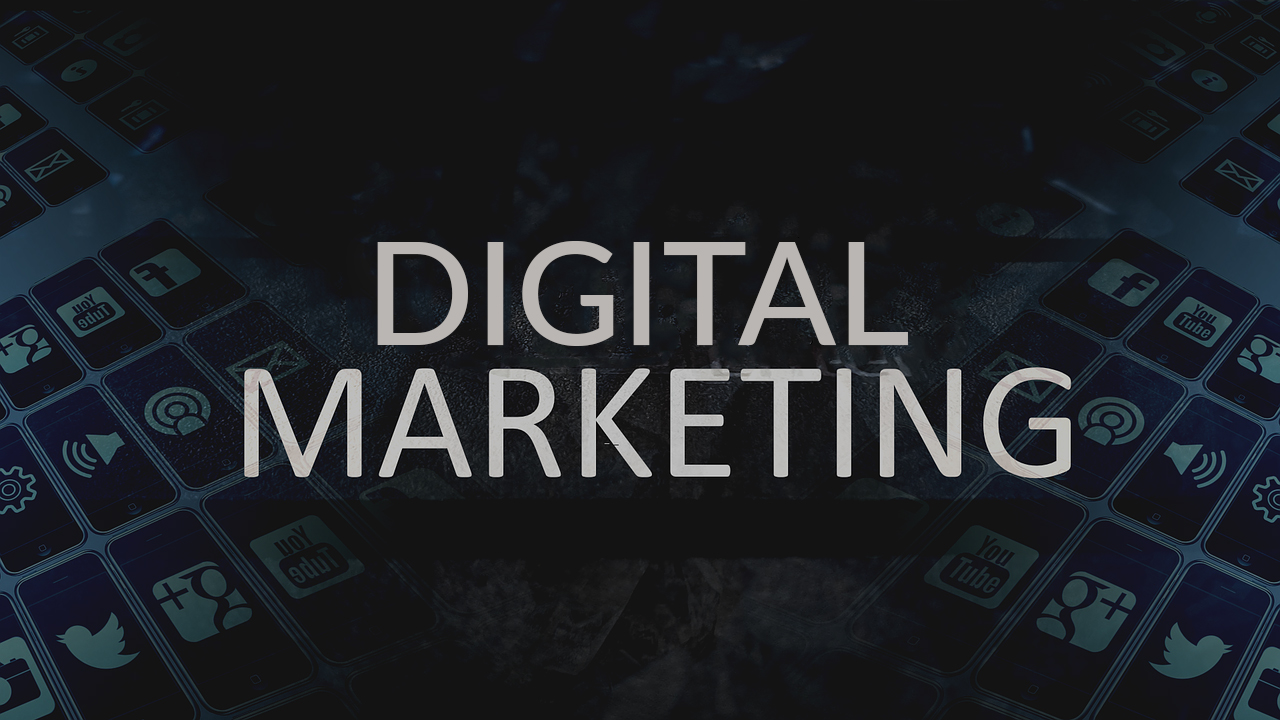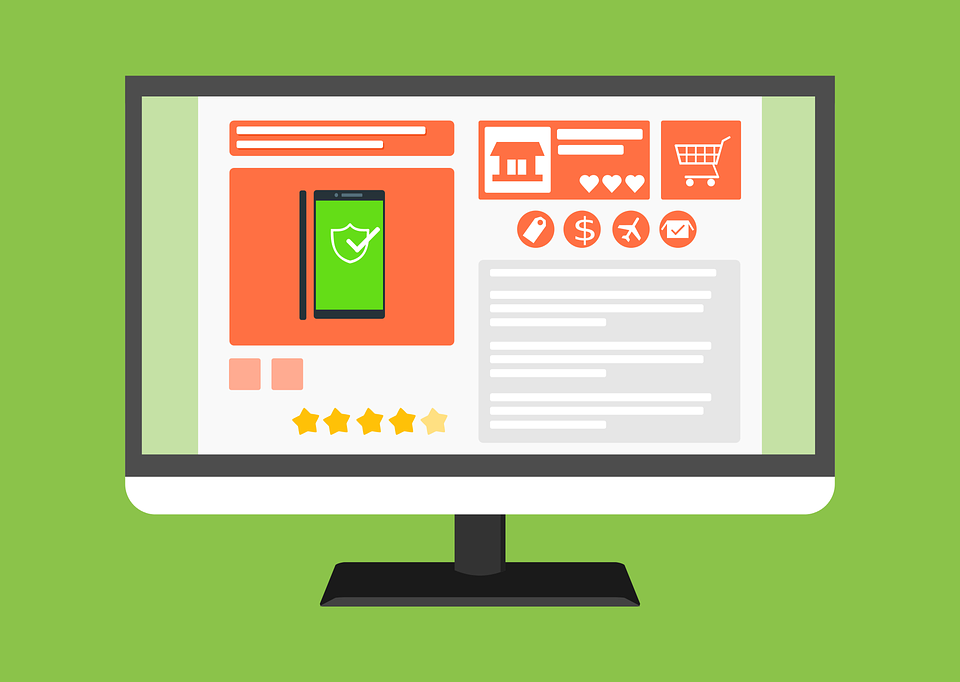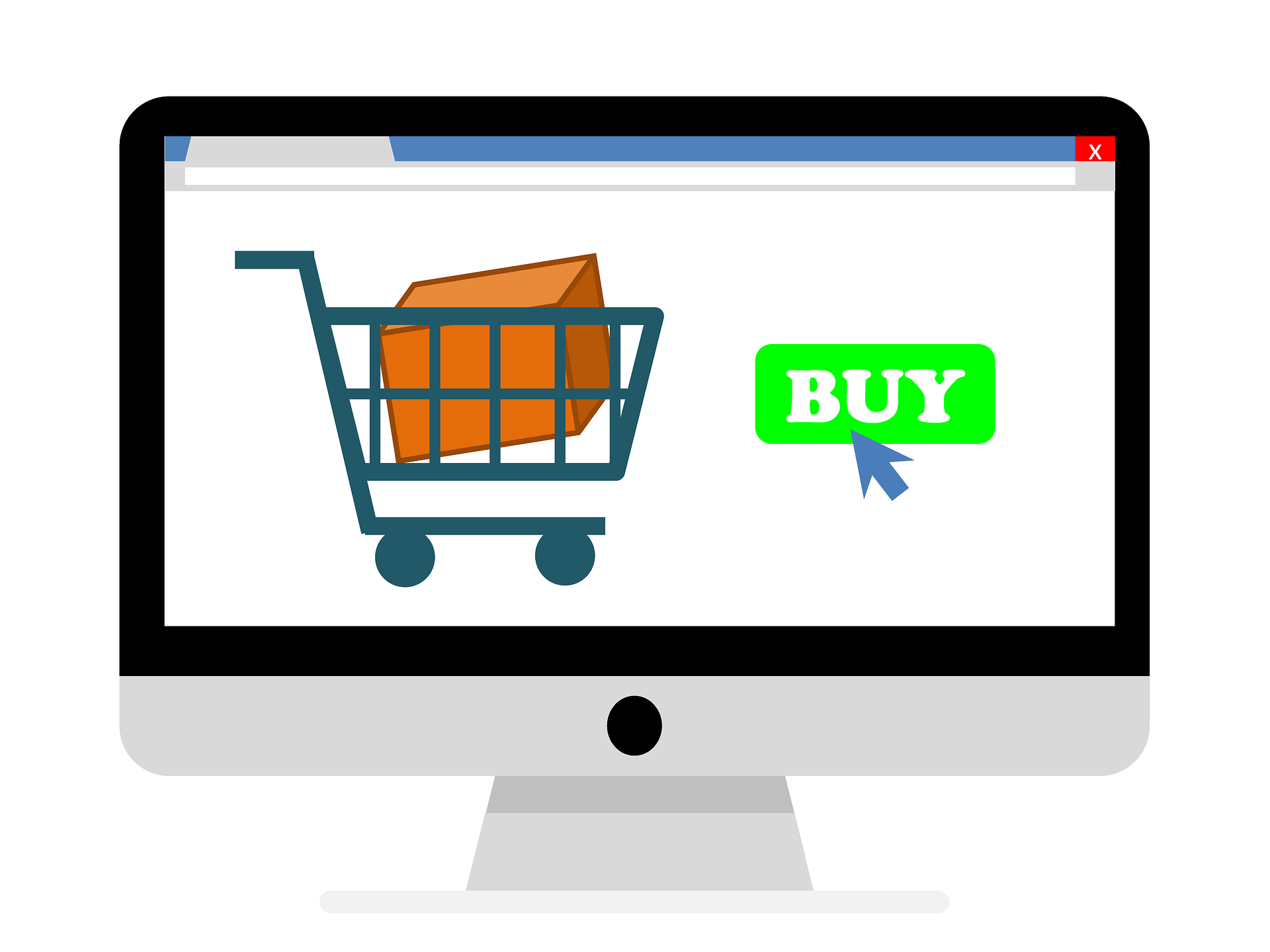Ten years ago, if any small business wanted to promote itself, chances are that there were not many credible platforms around. Credible in terms of affordability and ensuring definite ROIs. For small businesses with low budgets, competing with big brands and Above The Line (ATL) advertising, was simply not possible.
However, in the past few years, the surge of the digital revolution meant that small businesses could make their presence felt in this world. As digital becomes a part of human existence, digital marketing has emerged as a reasonable, definite and direct marketing tool to help small brands.
From a brand website to Social Media Marketing, small brands have embraced the digital revolution wholeheartedly. This has helped them-
- Drive traffic to their website
- Make more sales conversions
- Increase their revenues
- Build an online community
- Reach out to newer consumers
In this article, we look at the top 3 digital marketing strategies that are being used by small brands to help them grow their businesses.
1. Brand Website:
Let us start with the foundation of digital marketing. A brand website is like an online address for your brand. In many ways, it is similar to the physical store that the brand may or may not have. By being on Google search, every brand improves its chances of being discovered.
This helps more and more people know about the brand. By climbing the search pages, small brands vie for more clicks and revenues. This also opens up different avenues of growing businesses. Like an e-commerce store, Google AdSense revenues, collaborations, and other sources.
A brand website is a first and foremost thing that a small brand should invest in. It does not require huge investments or technical know-how. By outlining your major products and services, small brands can attract a huge consumer base.
2. Social Media Marketing:
When social media burst onto the scene, no one had expected it to have such a great impact on human civilization. As human beings spend more time on social media than on any other life activity (apart from work or sleep), small brands have flocked to the medium aggressively.
The most attractive proposition that drives social media is good content. In addition, the medium is free, unless you want to promote yourself in a paid fashion. By maintaining social media presence, brands have been able to reach out to newer audiences and build engagements and communities.
From Facebook to Instagram, from Snapchat to Pinterest, small brands are competing aggressively with big brands. When it comes to social media, great content and strategy take priority over outright infusion of money. You can learn more here about ways of using digital marketing for social effectively.
3. Google My Business (GMB):
Like social media, Google My Business has helped small brands integrate their online-offline presence. In other words, GMB helps local businesses find audiences by linking them to local populations and geographical locations.
For example, if anyone Google’s ‘Cake Shop’, Google located the person’s GPS and shows him the nearest cake shops in the area. If a small cake shop maintains its GMB page and is active on it, GMB will show that establishment right at the top.
This is one of the best digital platforms for small brands to maintain their online presence. Not only is GMB free, but it is also very credible and effective. All small brands need to do is maintain a thriving GMB profile.
Conclusion
Gone are those days when hoarding, billboards and TV primetime were the only ways of reaching audiences. The digital transformation has made digital marketing a potent force for small brands to excel. By maintaining an online presence, small brands can transform their businesses completely.
Read Also:






















